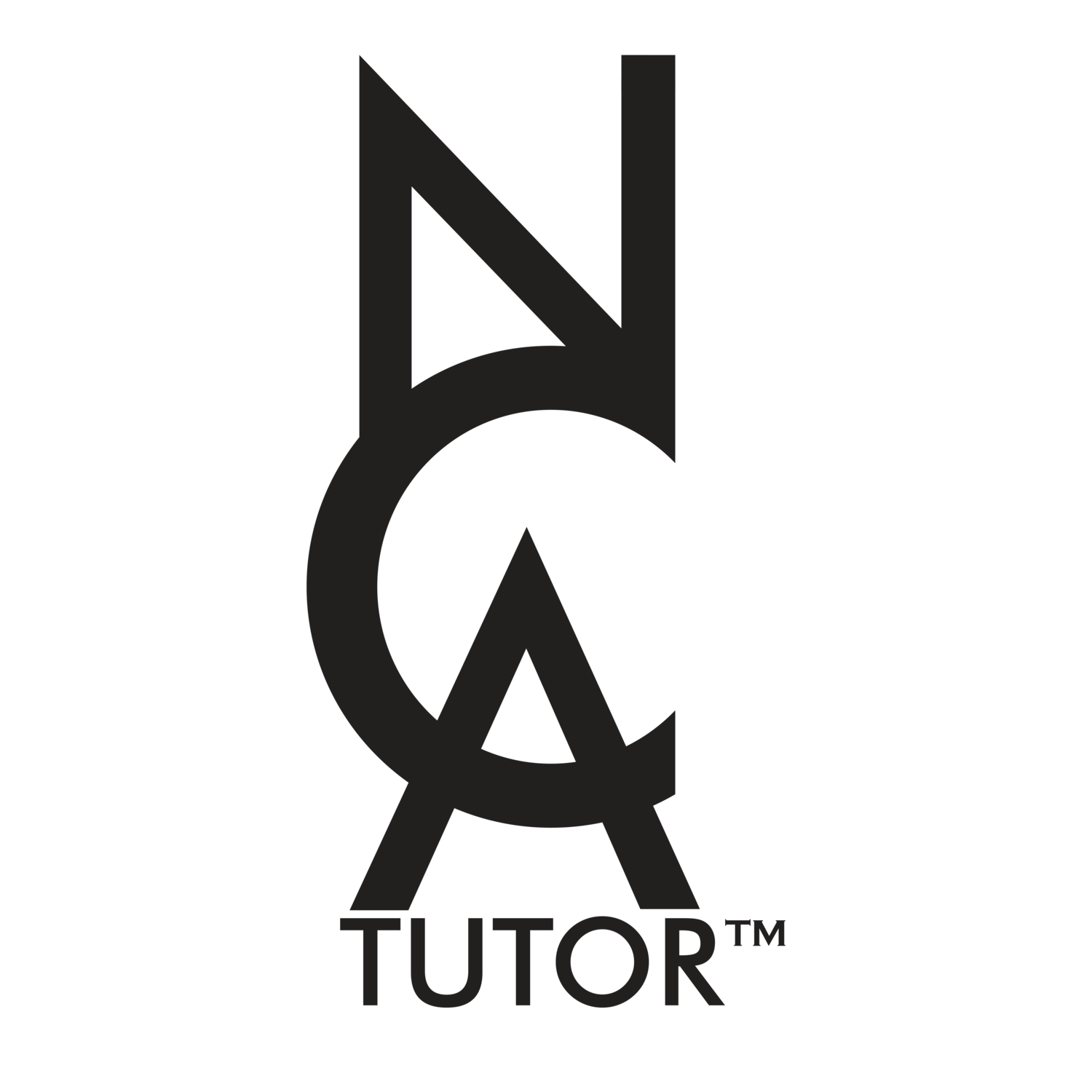Foreign law graduates and lawyers who decide to come to Canada to practice law must complete an accreditation process prior to commencing the lawyer licensing process. This is known as the National Committee on Accreditation (NCA) process. Yes, that means you and I, as foreign trained law students and lawyers are required to go through not one, but two processes in order to be licensed lawyers in Canada.
The objective of the accreditation process is to ensure that internationally trained law students and lawyers have the legal knowledge and skills to commence the lawyer licensing process in Canada. Whether the NCA process actually does do that is a whole different discussion on its own.
I completed a two-year LL.B program from England and was assessed to write six mandatory courses and one optional exam. An “optional” exam in this context meant I had to decide which exam I would like to write from a range of four. It wasn’t “optional” in the sense that I had an option to write it or not (I wish!). Thus, I was obligated to write a total of seven exams. Some candidates can be assessed to write five, ten, or even fourteen exams! It can vary and everyone is assessed on an individual basis.
The NCA does not explain why your assessment is what it is, at least when I was assessed I was not given such feedback.
Both education and professional experiences are taken into consideration to determine what avenue a candidate must take to complete the accreditation process.
Once an assessment has been made, candidates are either required to complete a number of exams or courses from a Canadian based law school within a stipulated time frame.
There are some LL.M programs that serve as an alternative route to meet the NCA requirements. The Canadian Common Law LL.M program offered at Osgoode Law School is an example of such an alternative route.
The six mandatory exams I was required to write were as follows:
1. Canadian Professional Responsibility (commonly referred to as “PR”)
2. Canadian Constitutional Law
3. Canadian Administrative Law
4. Foundations of Canadian Law
5. Canadian Criminal Law
6. Business Organizations (formally known as “Corporate Law”)
My seventh, “optional” (still can’t get over how deceiving that sounds) was family law. I had the opportunity to choose which exam I would like to write out of a choice of the following four subjects:
1. Evidence
2. Family Law
3. Remedies
4. Taxation
I chose to write family law, because from my research I learned that there is an entire family law section on the barrister exam (one of the two exams required for what is commonly known as “the bar exam”). I was trying to prepare myself as best as possible for the next challenge…
I worked two jobs to even be able to afford to write the exams, so I spread them out throughout the year. Not being accredited but being a law graduate put me limbo. I was not eligible to work in the legal industry as a summer student (or legal assistant) because I was “overqualified” (I really don’t know why employers use this sentiment, it’s like saying they’re afraid I’ll do the job too well?) and I was underqualified to be taken on as an articling student. Some who find themselves in a similar situation might be able to work in a role that is adjacent or similar to law (if you’re lucky or if you’re not “overqualified”).
I was fortunate in the sense that I even got two jobs, one of which was very flexible and engaging, and both my bosses were very understanding and supportive of my situation. I wrote my last three exams in October even though I didn’t really feel prepared for all three, I was so fed up, I just wanted to be done. I did the best that I could in the time that I had, and I just went for it. I passed all three and received my NCA certificate in January 2019.
The isolating element and lack of guidance and transparency of the NCA process is what makes it challenging. The NCA won’t even tell you when exam results come out, you get a range of time (10-12 weeks) and sometimes it can exceed that stipulated time range. I was once writing exams having not received my exam results for the previous session. Talk about no pressure eh?
Having a support group is crucial. I don’t just mean having family and friends rooting for you, I mean having friends or joining an online group of people that are going through the same process. Most importantly you really have to motivate yourself and be committed.
You have to get yourself in the mindset that you can get through this process. Some might say it’s a joke and super easy (some exams were in hindsight) but when you’re actually going through the process it can be very challenging, especially the exams which are all self-taught.
In hindsight, I think the NCA process taught me more about self-discipline, determination and being my own teacher than just Canadian law. These are invaluable skills both personally and professionally. The process is tough, not the actual material necessarily. In fact, a lot of Canadian law is influenced my British and American precedent so if you are trained in those jurisdictions you will see many similitudes (and probably get pretty annoyed about having to read the same theories and dicta again).
There is room for change in the system but that is not the objective of this piece. The objective of this piece is to give candidates an overarching view of what the NCA process entails, so they aren’t as shook as I was when I went through this process. Overall, conquering the NCA has a lot to do with patience…
As well as being self-disciplined, focused, goal oriented and well, courageous enough to just do it!
Hirra G







